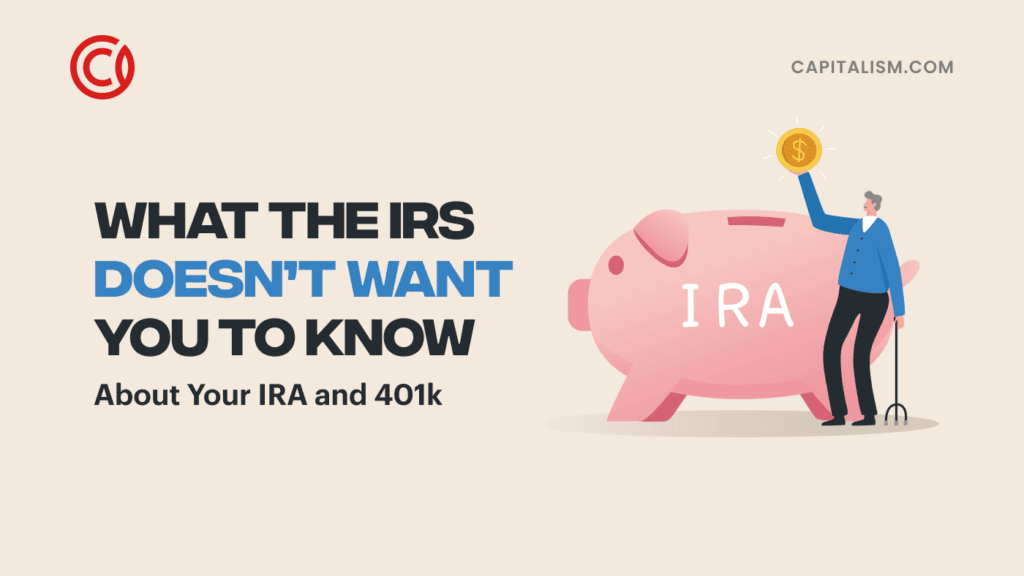Are you a New York City resident who wants to earn a few bucks on the side by pet-sitting? Well, you can – but you would be breaking the law.
In New York City, pet-sitters must have official kennel licenses. In other words, they have to pay a lot upfront to watch their neighbors’ dogs.
Pet-sitters must be certified by the city government. Their official business space – which cannot be their residential quarters – requires government-certified safety inspections, adding more hoops to jump through for individuals trying to earn some cash. You might be able to imagine dreams in the concrete jungle, but it’s definitely difficult to make them come true.
According to city officials, this rule stands to protect pets and their owners because there's a pet-sitting problem. It’s about a piece of mind – that pets are properly housed and fed and that they’re not being abused.
But is this really about the well-being of dogs and cats, of which New York has plenty that need care? Or is it just another knee-jerk reaction from regulators to address a "pet-sitting problem"?
It seems like the latter, especially considering the fact that this rule has been on the books for quite some time. In fact, one city official even stated that although this rule exists, the city rarely prosecutes folks who pet-sit without an official license. New York slaps a minimum $1,000 fine on people who violate the out-of-touch rule. It only takes one anti-consumer complaint to trigger the investigation, and that’s exactly what happened in this case.
New York dusted off their bureaucratic bible to whip out some verses against the dog-sitting app Rover thanks to Democratic New York State Senator Tony Avella. To him, these pet-sitters need government vetting. Avella took issue with some of his Queens, New York constituents when he found out they were watching dogs without approval from the city.
“This is being done as a business. They should have the proper certification, the proper training and the proper place to house these animals,” Avella said.
Although most people would agree that pets should be humanely treated, they also agree that this rule just doesn’t make practical sense. There are thousands of individuals who are more than capable of watching, walking, and feeding dogs in their free time.
For example, one Rover worker, Chad Bacon, is a former zookeeper and wildlife researcher who began the gig to earn some extra cash flow but ended up doing it full-time. Why would the city want to prevent people such as Bacon from earning a living?
This policy is directly harmful to the economy, to pets in need of care, and to middle-class New Yorkers. Rover earned $4.1 million last year alone from providing pet-sitting services. That’s a large chunk of change flowing between individuals for quality services. It’s a mutually beneficial exchange in the marketplace. By requiring licensing fees for such services, the city gets to confiscate some of those earnings, and that’s concerning for jobs.
According to Rover, there are 95,000 pet owners in New York City with 9,000 sitters to take care of those pets. In other words, there is work to be done and people who are willing to do it.
Without apps like Rover, plenty of middle-class New Yorkers wouldn’t be able to afford convenient pet-sitting services. So why is the city government getting in the way?
Well, this isn’t the first time that New York butted-heads with sharing economy companies. The City of New York has continuously fought ride-sharing services live Uber and home-sharing services such as Airbnb. It should really be no surprise that a city in a state that ranks in the bottom of the freedom index prioritizes anti-sharing economy policies.
It’s just disappointing that New York – in need of more jobs and affordable living – would take issue with a company that so clearly benefits their resident. New Yorkers agree – services provided by apps such as Rover improve their lives, and any consequences of using those services are the responsibility of the individual.
“It’s up to the owner to go and make sure that it’s safe. The moment you hand the leash over to someone else, that’s a responsibility, that’s your choice as a pet owner,” Williamsburg resident Cheryl Smart said.
It’s these sort of policies that drive people and businesses out of the city and the state.
The irony in New York’s anti-consumer choice policies is glaring. For a city whose reputation is so anti-business that the entire state has run paid advertisements to lure in new business, one would think their government officials would put prosecuting pet-sitters on the back burner. But these regulators are old school, and you can’t teach an old dog new tricks.
And new tricks – well, new business – is New York’s original motto. The city was the first gateway to the free world. New York operates as an international commerce hub, including tech. However, tech companies are less likely to choose New York if their services are banned there. Maybe it’s time New Yorkers – and all Americans – put more trust in their entrepreneurs than they do their state representatives.
Officials who support policies that shut down sharing economy companies threaten the American Dream. Are they out-of-touch Baby Boomers railing against Millennials innovation, just as previous generations railed again those who came after them? Or are they simply regulators who know nothing else but how to regulate?
Either way, they’re suppressing innovation, making life more expensive for middle-class Americans, and killing jobs. How are those consequences in the public’s best interest?
MORE STORIES ON CAPITALISM.COM:
• Uber Takes Off into Flying Cars Market
• #DeleteUber Trends Amid Refugee Ban
• Airbnb Is The Most Lucrative Venture In The Sharing Economy











